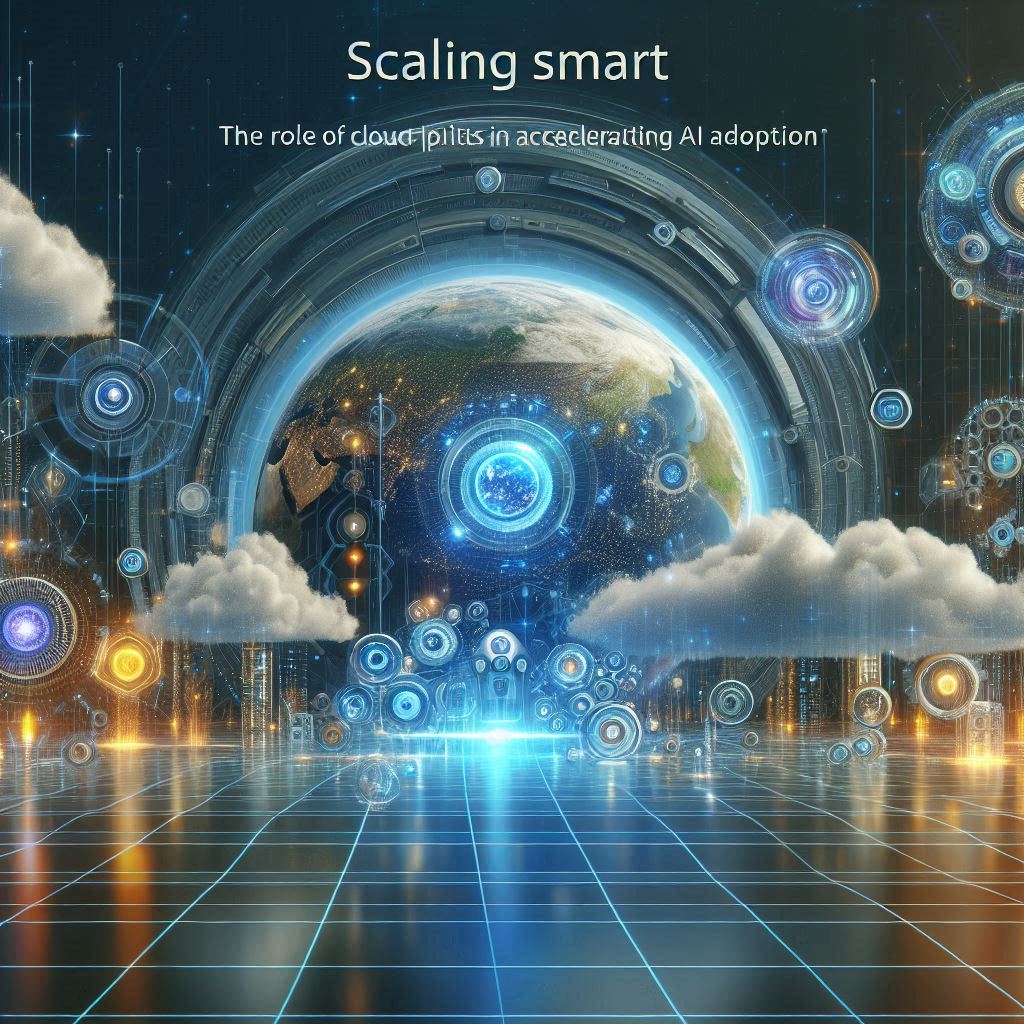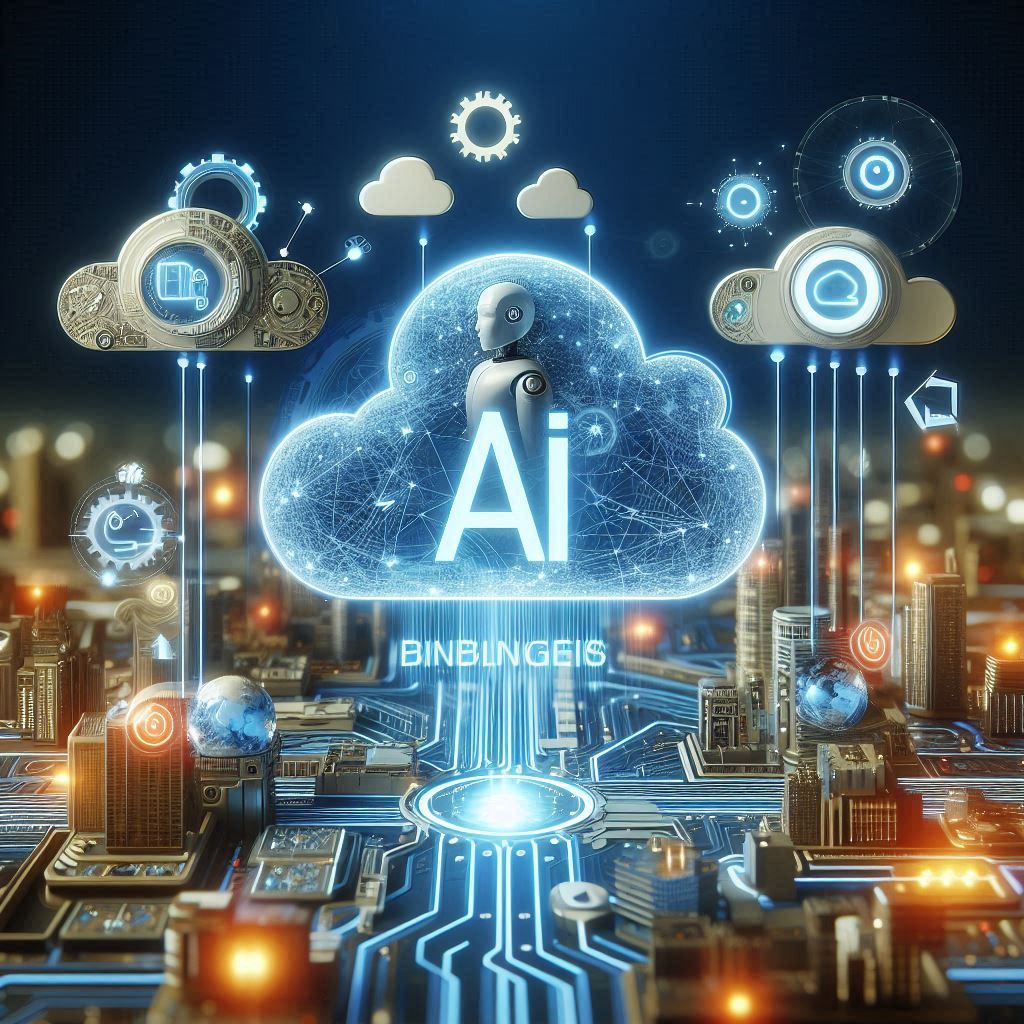As we enter 2025, the global business ecosystem is witnessing an extraordinary transformation driven by artificial intelligence (AI). But behind every successful AI initiative is a robust and flexible cloud platform enabling scalable infrastructure, rapid data processing, and seamless deployment. From the giants of Silicon Valley to fast-growing startups in Southeast Asia, cloud platforms are no longer optional—they are foundational.
In the past, organizations faced numerous hurdles in AI implementation. High infrastructure costs, fragmented datasets, and a lack of scalable computing power often derailed promising projects. Traditional data centers could not support the dynamic requirements of machine learning models or deep neural networks. But the shift to cloud computing, particularly public and hybrid models, has drastically altered the landscape.
According to a 2024 report by Gartner, 80% of AI projects are now powered by cloud-based infrastructure, up from just 40% in 2020. This doubling in adoption underscores a critical trend: businesses are scaling smarter, leveraging cloud ecosystems to reduce complexity and enhance performance.
The Cloud-AI Symbiosis
At the heart of this trend lies the convergence of two technological forces—AI and cloud computing. Cloud platforms offer virtually unlimited computing power, pay-as-you-go pricing models, and access to AI-specific toolkits like TensorFlow on Google Cloud, SageMaker on AWS, and Azure Machine Learning.
This flexibility has democratized AI development. In 2025, even small enterprises with limited in-house expertise can access powerful GPU clusters, pre-built APIs, and automated model tuning services. Consider the example of a mid-sized logistics company in India using AWS’s machine learning services to forecast delivery timelines based on real-time traffic, weather, and inventory levels. The result? A 23% increase in delivery efficiency and significant cost savings.
Data-Driven Scalability
Data is the lifeblood of any AI system. One of the greatest advantages of cloud platforms is their ability to process and store massive volumes of structured and unstructured data. Platforms like Google Cloud’s BigQuery and Microsoft’s Synapse Analytics provide the backbone for real-time insights, transforming how companies engage with customers and optimize operations.
In fact, IDC forecasts that by the end of 2025, 70% of all enterprise data will be processed in the cloud—a significant jump from just 30% in the past decade. This shift is essential for AI, which thrives on continuous learning from large datasets.
Security, Compliance, and the Global Stage
Another compelling reason for the surge in cloud-driven AI adoption is improved data governance. Cloud providers now offer advanced encryption, access control, and regulatory compliance tools. For global businesses navigating GDPR in Europe or CCPA in California, these features are non-negotiable.
Moreover, AI projects often require collaborative environments. A cloud-based infrastructure makes it easier for geographically distributed teams to work together on shared models and datasets, accelerating development cycles and time-to-market.
Real-World Success Stories
Let’s explore a few examples where cloud-enabled AI is driving real-world impact in 2025:
- Healthcare: A hospital network in Canada uses Microsoft Azure’s machine learning capabilities to predict patient readmissions, improving care quality while reducing costs by 18%.
- Retail: A European fashion brand leverages Google Cloud’s AI tools to personalize online shopping experiences, leading to a 35% increase in customer retention.
- Finance: An Australian fintech startup uses AWS to detect fraudulent transactions in real time, reducing false positives by 60%.
These cases illustrate how cloud platforms are not just hosting environments—they are innovation enablers.
Looking Ahead
As we project into the future, the role of cloud computing in AI will only deepen. Edge computing, federated learning, and quantum-enhanced cloud services are on the horizon. The World Economic Forum predicts that by 2026, over 90% of companies will integrate AI into core business processes, and most will rely on cloud platforms to do so.
For organizations navigating this evolution, the message is clear: scale smart. Investing in the right cloud ecosystem is not just about performance—it’s about unlocking the full potential of AI.
As we move further into 2025, the distinction between cloud services and AI capabilities will continue to blur. Businesses that understand and act on this synergy will lead the future, while those clinging to the past may find themselves left behind.






